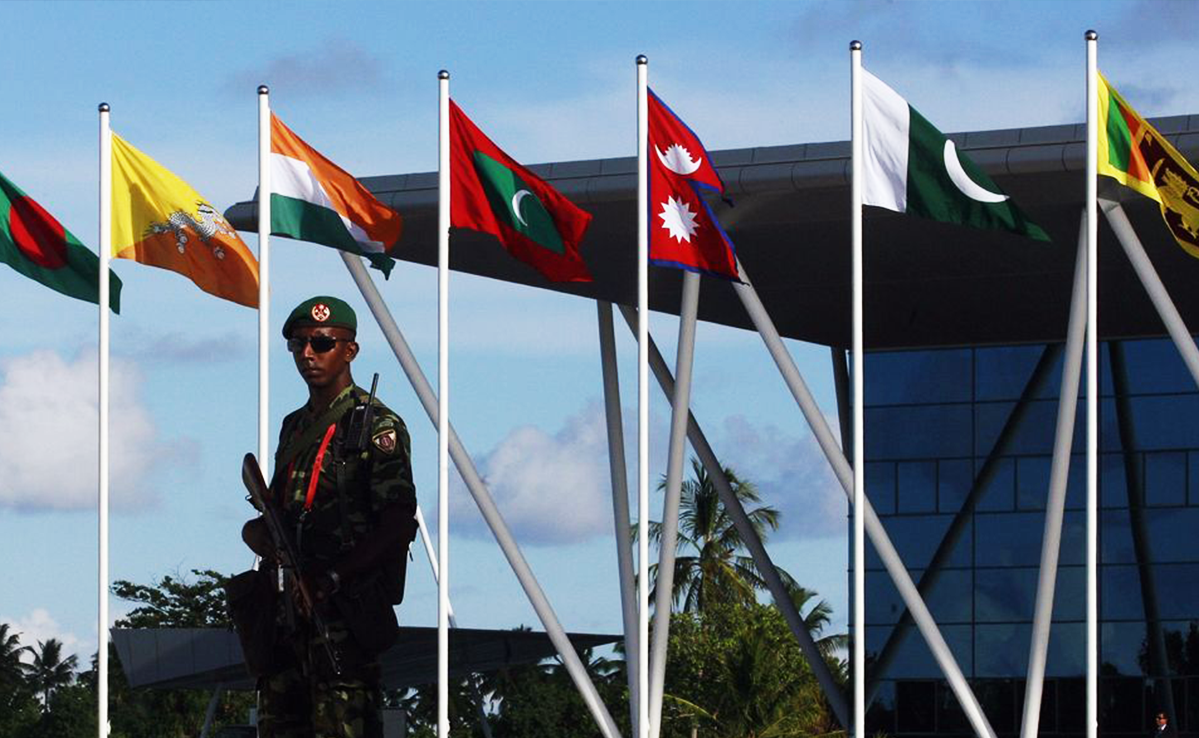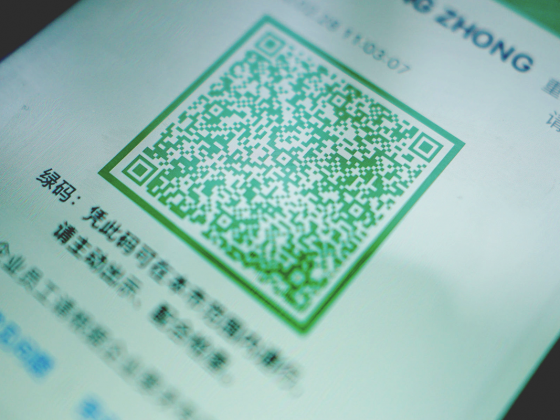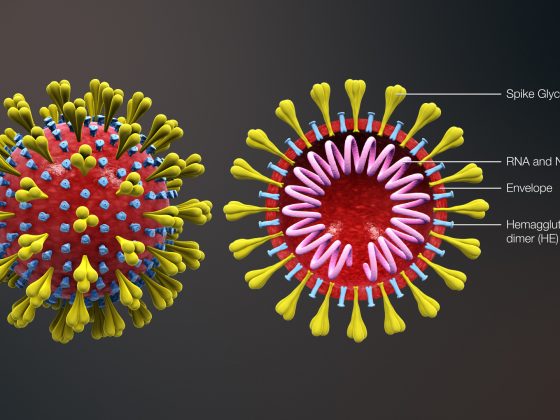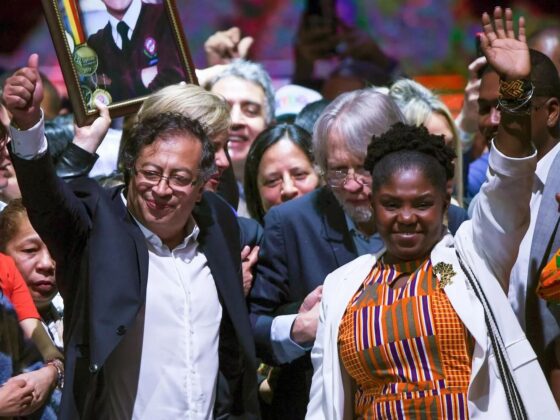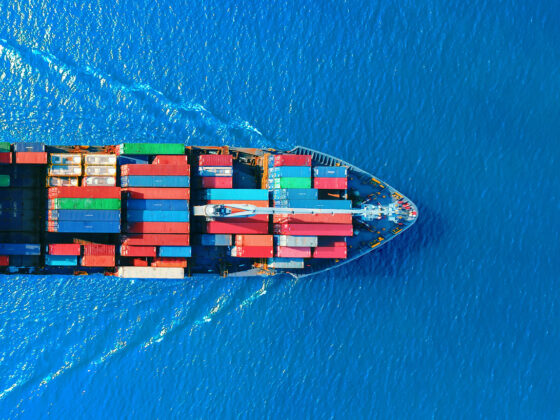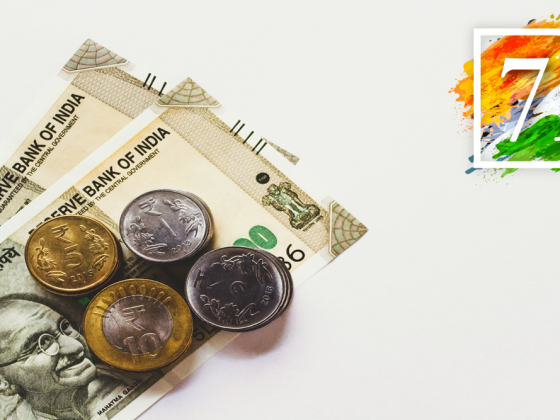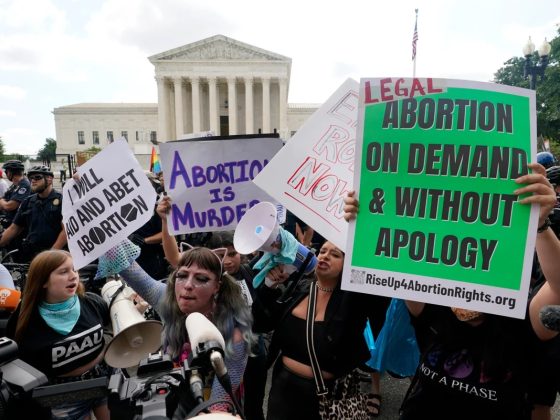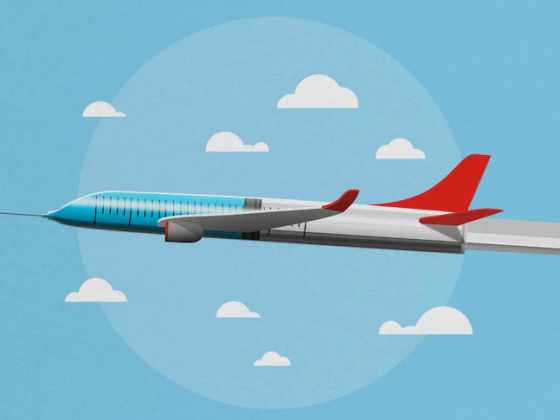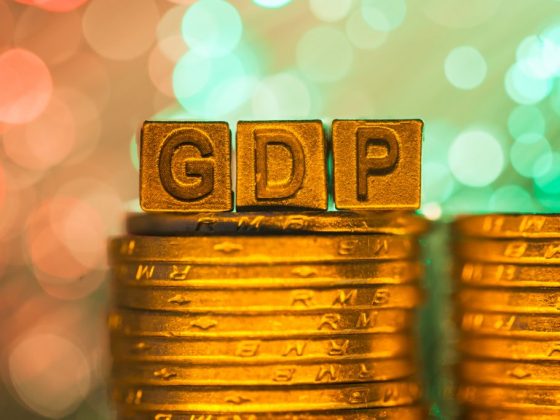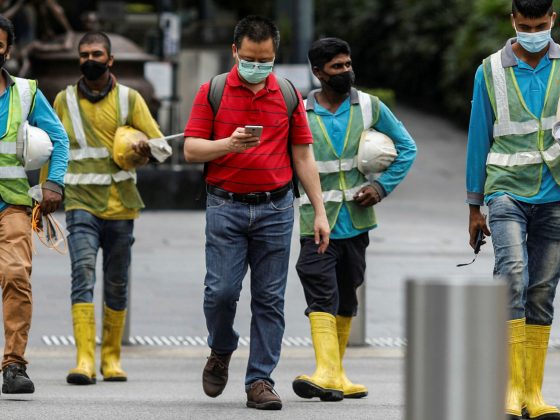The corona virus is now a worldwide pandemic that is threatening or impacting populations across over 160 countries. India has initiated robust measures to tackle this most disruptive threat. Keeping in mind the safety of its citizens abroad, India has acted swiftly in evacuating Indians in Wuhan and other affected provinces in China. India, in tune with its neighbourhood first policy, has pitched in to provide support to other SAARC nations in evacuating their nationals as well. In the early stages of the pandemic, on 3 February 2020, India evacuated 323 Indians from Wuhan including 7 Maldivians. “My thanks and gratitude to PM @narendramodi, EM @DrSJaishankar and the Government of India for expeditiously evacuating the 7 Maldivians residing in Wuhan, China. This gesture is a fine example of the outstanding friendship and camaraderie between our two countries”, tweeted Maldivian President Mr.Solih expressing his sense of gratitude for this help. The Indian Embassy in Maldives tweeted regarding the synergy between both the countries, “Pandemics do not know national boundaries, which makes it even more essential to reach out to neighbours and stand by them in this global fight against the #CoronaPandemic #NeighbourhoodFirst.”
Focus on Safety and Evacuation through Friendly diplomacy
A week later, as evacuation efforts were still underway, Embassy of India in Beijing tweeted on 17th February – “GOI will send a consignment of medical supplies on a relief flight to Wuhan later this week to support China to fight the COVID 19 pandemic. On its return, the flight will have limited capacity to take on board Indian citizens wishing to return to India from Wuhan/Hubei”. Upon China’s request for medical masks, gloves and suits India sent a consignment of 15 tonnes of medical supplies aboard C-17 Globemaster—the largest military aircraft in the Indian Air Force’s inventory. This was not only an act of humanitarian assistance but also a move regarded as friendly diplomacy by India. According to MEA’s spokesperson, “India had also received requests from Bhutan, Maldives, Iran and Italy, for assistance and essential supplies such as surgical masks and protective gear which are being processed.”
By February 6, India began to restrict entry of foreign nationals as a precautionary measure. Notification by an immigration official stated, “Foreigners who have been to China on or after 15th January 2020 are not allowed to enter India from any air, land or seaport, including Indo-Nepal, Indo-Bhutan, Indo-Bangladesh or Indo-Myanmar land borders.” The official also added, “All visas issued to Chinese passport holders coming from anywhere in the world, including regular(sticker)& e-visa issued before 5 Feb, have been suspended with immediate effect.” India had also offered to step in to help Pakistanis. The Ministry of External Affairs spokesperson stated that India was willing to evacuate Pakistani nationals “if such a situation arises.”
Leading the SAARC Initiative against COVID-19
In an act of pragmatic diplomacy that promotes regionalism and addressing the need of the hour for combating COVID-19 in South Asia, PM Modi hosted a SAARC Meeting with his counterparts on video on March 15th. In this meeting, he emphasised the importance of the region coming together for battling the COVID-19. This brings SAARC back into the picture after several years of stagnation, and at a time when the regional organisation seemed to be losing its importance. With India sharing borders with certain SAARC countries, it became imperative for India to pool in its neighbours. PM Modi chalked out a common strategy for the countries to combat the virus and set an example for the rest of the world. He added that the guiding mantra should be “prepare, not panic.” He had several initiatives to offer to fellow South Asian countries — from online training capsules for emergency response teams, to common research platforms to conduct research on controlling epidemic diseases and keeping a rapid response team of doctors and specialists onstand-by at the disposal for our neighbouring nations. PM Modi also asked experts to come together to assess the economic impact, “long-term economic consequences of COVID-19, and how best to insulate internal trade and local value chains from its impact.” India proposed to create an COVID-19 Emergency Fund based on voluntary contributions from all the countries with India pooling in the first US$10 million for the fund. This fund has been active for the past one week with funds flowing in from South Asian countries—Nepal has contributed 10 crores, Bhutan US$100,000, Bangladesh US$15,00,000, Maldives US$ 2,00,000, Sri Lanka U$15,00,000 and the Afghan government offering US$1 million. This has revitalised the functioning of the SAARC and has brought collective responsibility to the table. How the region continues to battle and win the pandemic might be a pilot test for collaborative efforts in the future. All heads of states of SAARC attended the virtual conference with the exception of Pakistan. Considering that the Special Assistant to Pakistan Prime Minister (on Health) was assigned for a Head of States meeting, India might well consider exercising the option of providing Pakistan with participating and observing the meeting stopping short of addressing the head of states. Afterall, as usual the habit of raking up the Kashmir issue at multilateral forums, was witnessed again.
In follow-up to the live video conference, India has received requests from neighbouring countries for aid from the Emergency Fund which was set up. According to an MEA spokesperson, “The quantum of assistance, which has been requested so far, has crossed $1 million USD. Supplies to Bhutan and Maldives have been dispatched.”
Apart from evacuating Indians, GOI has sent a 14-member medical team and supply of consignments to Maldives wherein the medical team did a successful knowledge transfer. As on 23 March, India has continued its efforts to bring back Indian nationals from abroad, 121 stranded nationals in Uzbekistan have been flown back to India. A total of 590 people from Iran who have been evacuated are currently being quarantined in Jaisalmer. Embassy and consulate in Iran have begun supplying essentials to approximately 1000 Indian fishermen from Tamil Nadu, Gujarat and Kerala in Iran’s southern provinces of Bushehr & Hormozgan. Similarly, 218 Indian students were evacuated from Italy, while transit passengers (Indian nationals) were brought back to Delhi via special flights. A 24×7 MEA COVID-19 control room has been set up with hotlines for Indians in distress abroad and the ministry has also reached out to Indians abroad by sharing hotline numbers using social media handles for easy access.
As India announced a 21-day lockdown on 24 March to control the contagion, WHO praised PM Modi for his efforts. “India stands at an important turning point in its fight against COVID-19. Extraordinary situations demand extraordinary measures. The Prime Minister has taken bold and decisive steps to break the chain of transmission. It is equally vital that this window is used for further ramping up measures to find, isolate, test, treat and trace. WHO stands together in solidarity with India and its people and is committed to providing all the support that is needed,” said Dr Henk Bekedam, WHO Representative to India.
Views expressed are author’s own.

